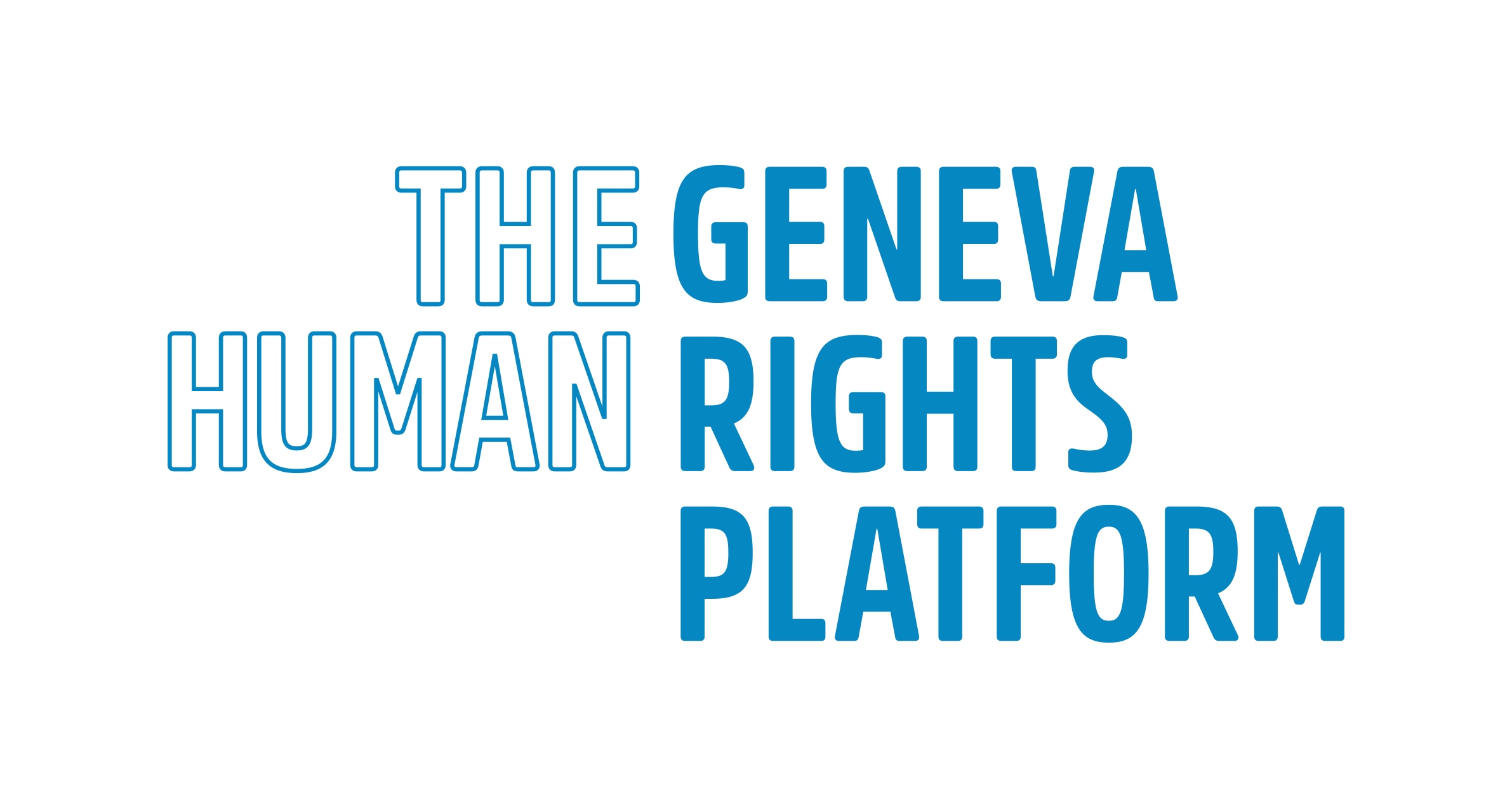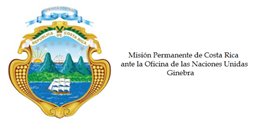Workshop: The Legal Aspects of the Right to a Safe, Clean, Healthy and Sustainable Environment
Event


John O'Nolan/Unsplash
Co-organized with:






Co-sponsors:

The number of States recognizing the right to a clean, safe, healthy and sustainable environment (hereafter ‘right to a healthy environment’) has grown over the past few years. Today, the right to a healthy environment is recognized by 156 States.
This recognition at national level responds to the serious environmental crises that we are facing as a global community and, together with the demands from individuals, communities, civil society and human rights experts, provides for a unique momentum to advance the discussion on the universal recognition of the right to a healthy environment. The international system, in particular the United Nations (UN) human rights system has made an important contribution to inform this discussion through the work of the treaty bodies, the UN Human Rights Council and its Special Procedures.
Building on that momentum and the vibrant call of the human rights system and civil society member states – led by the Core Group (Costa Rica, Maldives, Morocco, Slovenia and Switzerland) – have prompted the needed discussion on the potential universal recognition of this right, through consultations and an open and transparent and inclusive dialogue. Support to this process was expressed through a joint statement cosponsored by 69 States.
This Geneva Human Rights Platform (GHRP) online side-event during the 47th session of the United Nations (UN) Human Rights Council – co-organized with the Permanent Missions of Costa Rica, Maldives, Morocco, Slovenia and Switzerland to the UN in Geneva and co-sponsored by the Permanent Missions of Austria, Cabo Verde, Cyprus, Ecuador, Fiji, Germany, Mexico, Monaco, Panama, Portugal, Uruguay; OHCHR, UNEP, Center for International Environmental Law, Earthjustice, Franciscans International and Universal Rights Group – will discuss the legal aspects of the right to a safe, clean, healthy and sustainable environment, the scope of the right, the legal aspects of a potential resolution, as well as how it would contribute to address the global environmental crisis.
Welcome and Introductory Remarks
- Andrea Meza Murillo, Minister of Environment and Energy of the Republic of Costa Rica
Moderator
- Felix Kirchmeier, Executive Director, GHRP, Geneva Academy
Panelists
- David Boyd, UN Special Rapporteur on human rights and the environment
- Hélène Tigroudja, Member, UN Human Rights Committee
- Benyam Dawit Mezmur, Member, UN Committee on the Rights of the Child
- Astrid Puentes, Co-Executive Director, Interamerican Association for Environmental Defense (AIDA)
Closing remarks
- Catalina Devandas, Permanent Representative of Costa Rica to the UN in Geneva
Video
The Legal Aspects of the Right to a Safe, Clean, Healthy and Sustainable Environment
This online side-event during the 47th session of the United Nations (UN) Human Rights Council – discussed the legal aspects of the right to a safe, clean, healthy and sustainable environment, the scope of the right, the legal aspects of a potential resolution, as well as how it would contribute to address the global environmental crisis.










